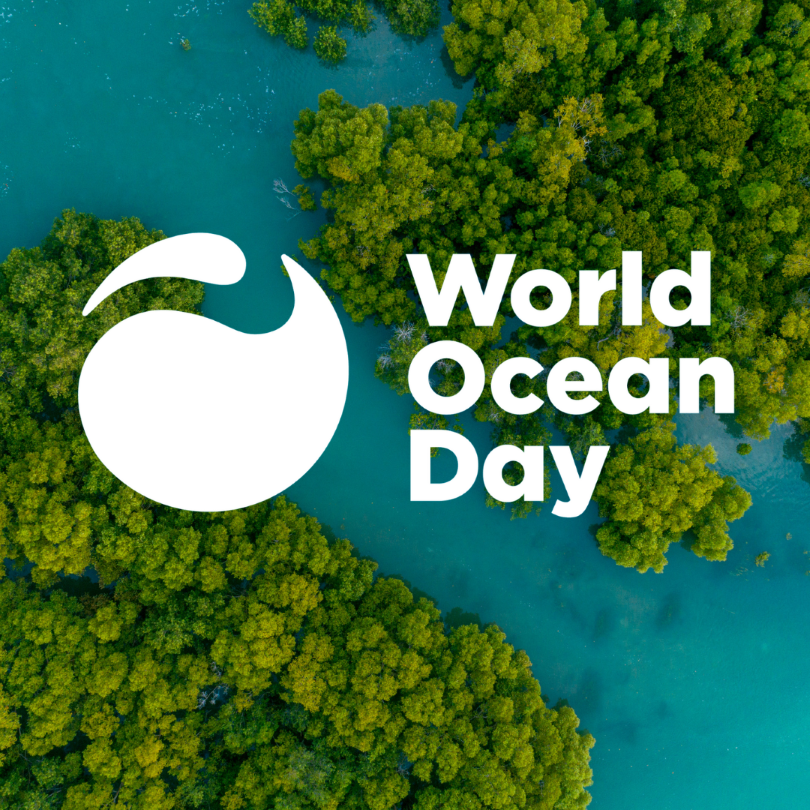By Marina Ledakis
The maritime calendar presents few better opportunities than World Ocean Day to reflect on sustainability in shipping. But will the politics of climate change help or hinder efforts to protect the marine environment?
As someone aiming at a career in shipping*, I have also been deeply committed to sustainability from a young age. I recently had the opportunity to explore the tensions between political motivations and global maritime regulation in completing my dissertation at the University of Bath. My research covered the evolution of rules designed to protect the marine environment, but also drew on interviews with several senior shipping executives.

In the 2022 paper “Lack of ‘common sense’ in the climate change debate: Media Behaviour and Climate Change Awareness”, sociologists Ruiu, Ruiu and Ragnedda identify the linkage between ideological affiliations, climate change perceptions and the formulation of state policies. One need look no further than the switch in priorities on the environment between the Trump and Biden administrations to corroborate the linkage.
Observers frequently infer political motivations as being directly behind the positions taken by administrations in IMO debates, although hard evidence is less easy to come by. However, my research suggests that political expediency often guides the shaping of the regulations proposed to protect the marine environment at the IMO.
One shipping executive told me: “Politics are always involved in the climate change issue, something that has a negative effect as politicians do not often have the knowledge to take the right decision.” Another interviewee went so far as to claim: ‘Politics determine climate change regulations.”
A new report from the International Chamber of Shipping acknowledges that political action will be critical if shipping is truly to meet its goals on decarbonisation.
Quoted in a press release to announce the first ICS ‘Maritime Barometer’ report, ICS Chairman, Emanuele Grimaldi, said: “The need for clear direction from our regulators and political leaders shines through in the data gathered from maritime leaders around the world for this report. Delays in government decision-making will have far reaching consequences for the shipping industry as key choices regarding supply chain resilience, greenhouse gas (GHG) reduction measures (including carbon pricing, alternative fuel availability and the provision of new onshore bunkering infrastructure) will determine how the industry evolves over the next decade.”
Political instability is a “risk multiplier” which “provides clear signals for policymakers and industry leaders alike,” added Stuart Neil, Director of Strategy and Communications, ICS. “In turbulent times leaders need to move quickly to navigate change and succeed.”
My own interviewees were united that political agendas routinely override environmental aspirations at IMO, with some asking whether a franker admission of motivations would benefit. While many would view the prospect of openly political debates at the IMO with horror, some believe it would expose the agendas to scrutiny which currently shape maritime regulation behind the scenes.
As one observed: “A holistic approach is the only way to succeed and to be sustainable economically.”
Shipping itself is often criticised for dragging its feet on the environment. However, in order for the shipping industry to overcome the cost burden that comes with climate change mitigation, different stakeholders must collaborate to achieve the most efficient results.
After all, the weight of scientific evidence demonstrates that it is no longer possible to turn a blind eye to the negative impact of climate change. Perhaps it is also time for maritime administrations to acknowledge politics as the elephant in the IMO conference room determining the pace of progress in maritime sustainability.
*Marina Ledakis is a JLA Media intern who recently completed her studies in Politics, Languages and International Studies at the University of Bath.
For more insights or to meet the JLA Media team at an upcoming event, get in touch or follow us on LinkedIn.
